Leafy Eco Adapt (LEA)
Transforming communities for a sustainable future
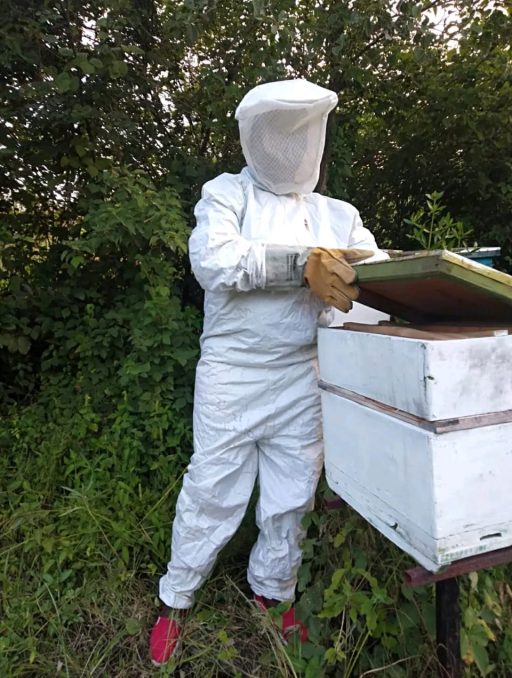
OUR MISSION, VISION & CORE VALUES
Mission.
To work alongside local communities in restoring degraded environments, improving food security system and enhancing environmentally safe practices, fostering resilience through inclusive participation, innovation and locally led adaptation strategies.
Vision.
To foster a thriving society where all people, especially women, youth and marginalized group lives in a harmony with nature, empower to secure food, restore the environment, and adapt to a changing climate.
Core Values.
Sustainability.
Accountability and transparency.
Community empowerment.
Collaboration and partnership.
Innovation and learning.
Leafy Eco Adapt (LEA) is a registered NGO in Kenya dedicated to environmental conservation, climate change adaptation, sustainable agriculture, and food security. Even before its formal registration, LEA actively supported community-led initiatives that advance environmental sustainability.
One of its major early achievements is the successful restoration of degraded land in South East Nyakach Ward, Kisumu County—an area previously damaged by brick-making. Through community mobilization, LEA transformed the land into a productive space for food cultivation, tree planting, water conservation, and livelihood development. These activities have empowered women and youth through training, small grants, and income-generating opportunities.
LEA is founded on the belief that food security is inseparable from environmental sustainability. The organization recognizes the harmful cycle created by environmental degradation and unsustainable farming practices, which leads to food insecurity and weakened ecosystems.
To address these challenges, LEA implements integrated, community-based programs focused on:
- Sustainable agriculture and climate-resilient food systems
- Nutrition education and food sovereignty
- Natural resource rehabilitation and conservation
- Empowerment of youth, women, and other vulnerable groups through green-economy initiatives
The organization was established to respond to the rising impacts of climate change—such as droughts and floods—which disproportionately affect marginalized communities. LEA fills the gap created by limited grassroots integration of sustainable agricultural practices, inadequate technical and financial support, and exclusion from policy processes.
Overall, LEA aims to strengthen climate resilience, restore ecosystems, enhance food security, and empower local communities—including women, youth, and persons with disabilities—to become active agents of sustainable development.
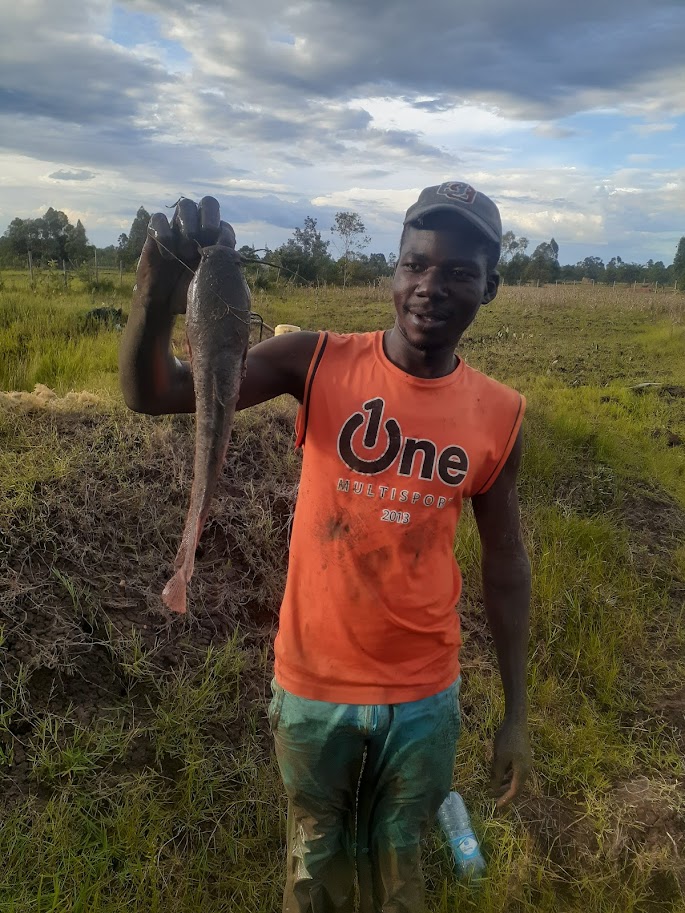
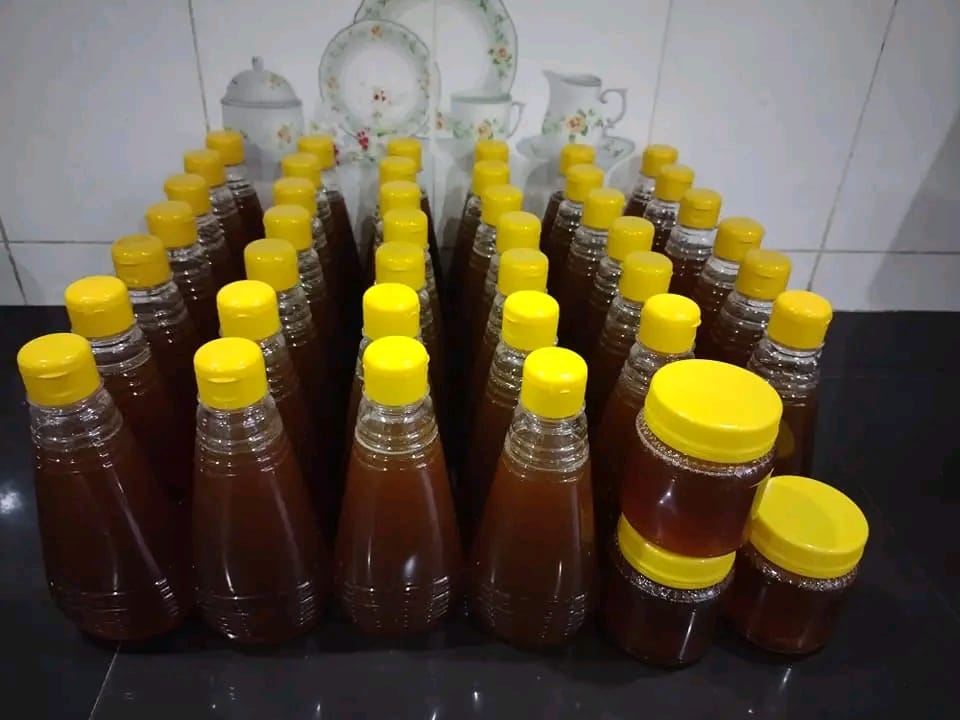
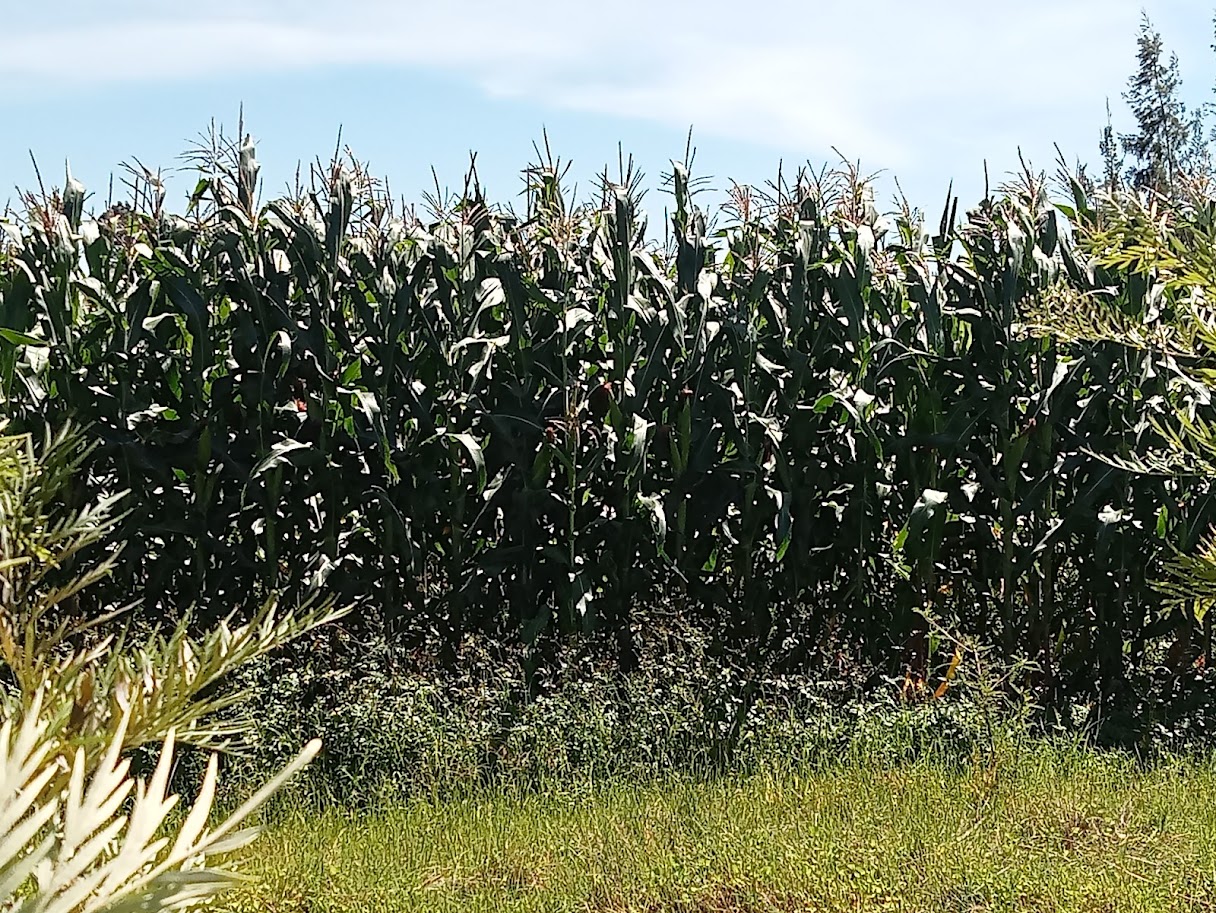
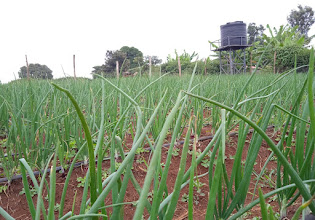
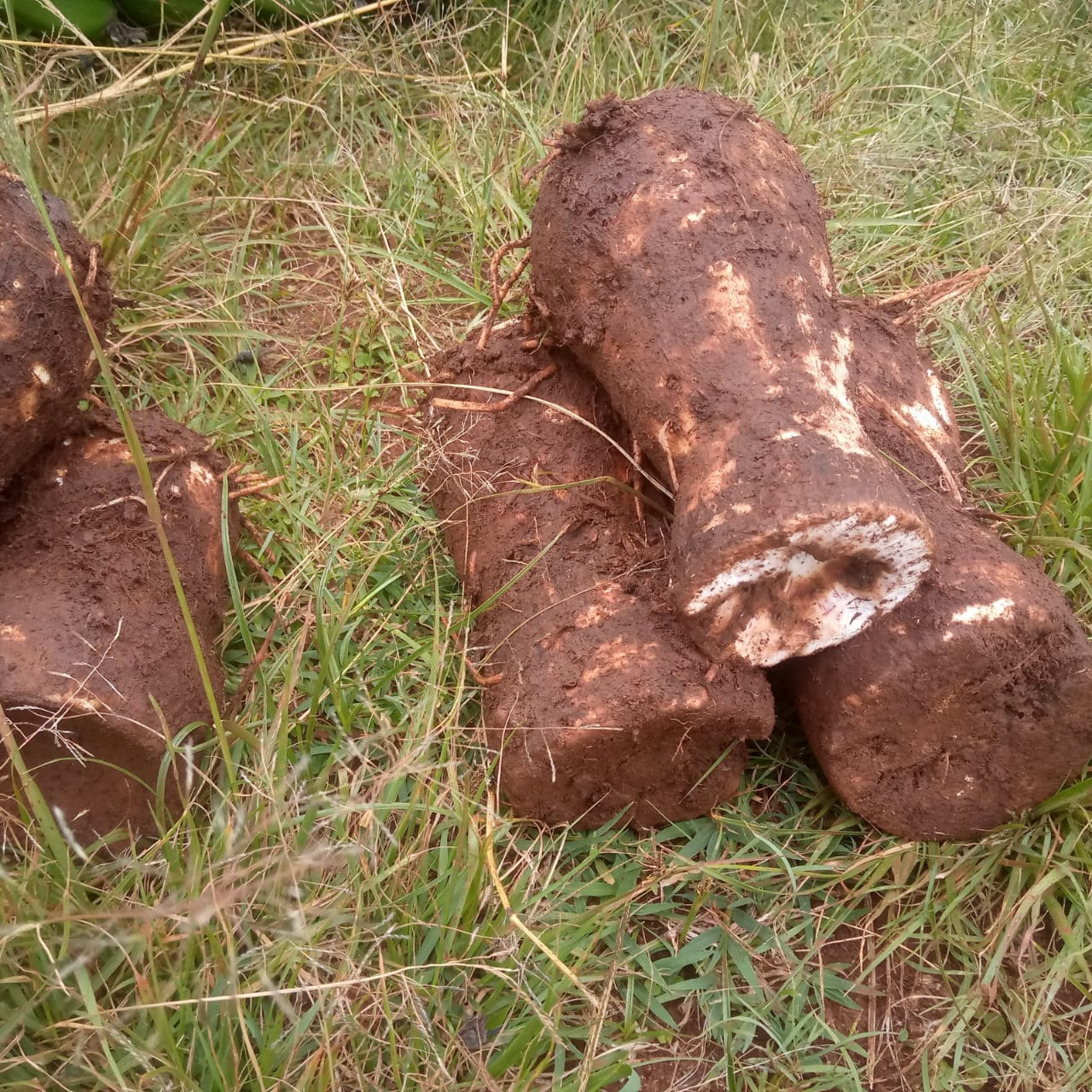

Chairman-Mackenzie Okun
Mackenzie is a dedicated community leader and nonprofit strategist with over 15 years of experience in the development sector. He has contributed to projects supported by CRS, LCA, and Omega Foundation, where he played key roles in program management, fundraising, and executive leadership, helping secure essential funding and transform community initiatives. His passion for sustainable agriculture, community-based food systems, nutrition, and value chain development is deeply rooted in his upbringing in an underserved community. Driven by this background, he has led impactful efforts in reclaiming degraded land, promoting water conservation, rainwater harvesting, and sustainable agricultural practices. His work has also supported the restoration of critical ecosystems, including wetlands that are vital for food security and climate resilience. Mackenzie remains committed to expanding LEA’s impact by empowering more women, youth, and marginalized groups across communities.
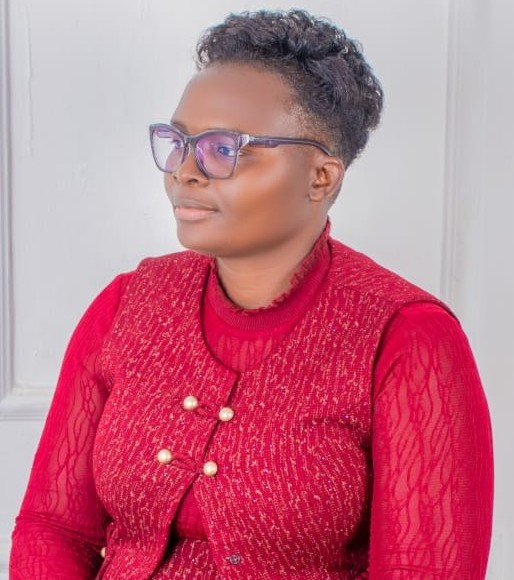
Treasurer-Mercy Awino
Mercy is a seasoned Finance and Accounts Specialist and nonprofit strategist with over 10 years of experience in the nonprofit and private sectors. Her career includes key roles in program management, fundraising, and executive leadership within international NGOs and private organizations. She has successfully driven strategic initiatives that enable women, youth, and marginalized groups to access essential training in sustainable agriculture, nutrition, and environmental management. Through her efforts, many communities have gained improved skills and knowledge to enhance food security and resilience. Mercy’s commitment to addressing food insecurity is deeply personal, shaped by her upbringing in an underserved community. Understanding the reality of missed meals, she is dedicated to ensuring that resources intended for vulnerable groups create meaningful and lasting impact.
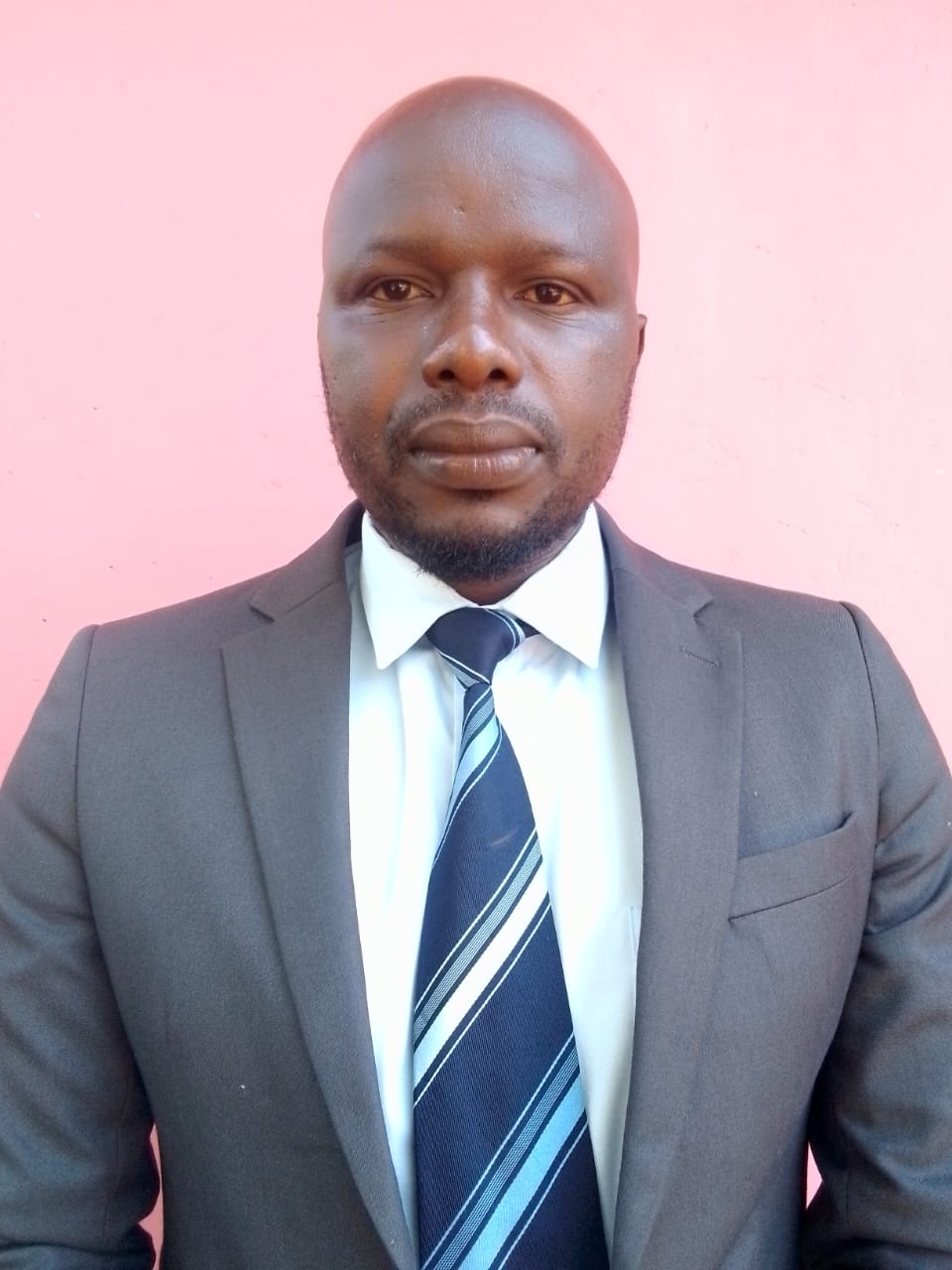
Secretary-Calvince Olweny
Calvince is a devoted community mobilizer and an educationist. He has a traverse role in program implementation and has been leading in Community-Based Food Security Initiatives such as Community Gardens, Food Banks and Distribution Programs, and Urban Agriculture. Calvince holds a degree in education and has been a focal point in identifying areas of need and helpful in monitoring different interventions in urban set ups.
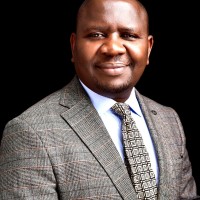
Vitalis Akora -Founder Member
Vitalis Akora is an experienced International Development Consultant with more than 15 years in policy development, strategy, and research. He also serves as the Technical Director at climatechange-hub.org and is a strong advocate for climate adaptation, bringing valuable expertise and passion to LEA. He has held key leadership roles at Adapt Capital Africa, Achesrem, and Hennet, contributing significantly to their strategic growth and impact. Vitalis joined LEA driven by his deep personal and professional commitment to sustainable food security. From early life experiences to his career achievements, he has remained dedicated to promoting environmentally responsible practices, strengthening climate resilience, and advancing equitable access to resources and markets for communities.

Irene Awuor -Founder Member
Irene holds a degree in Education and is deeply dedicated to supporting widows and community welfare initiatives. She is passionate about programs that promote access to nutritious food, nutrition education, and healthy eating practices. Her contributions include supporting school feeding programs that enhance children’s health and learning, helping communities adopt sustainable food processing and preservation techniques to reduce post-harvest losses, and promoting dietary diversity to improve long-term food availability and nutrition.
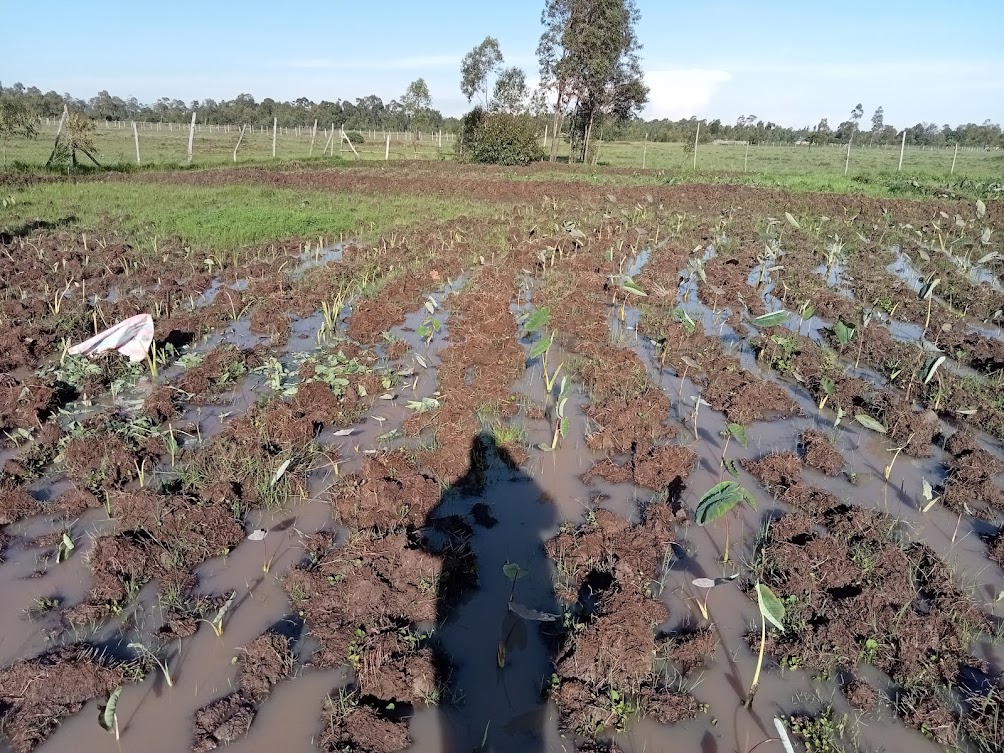
Land Reclamation
We transform degraded lands into productive community assets, improving food production and environmental health such as reclaiming degraded land to Plant arrow roots ,onions, cabbages, and fish farming.
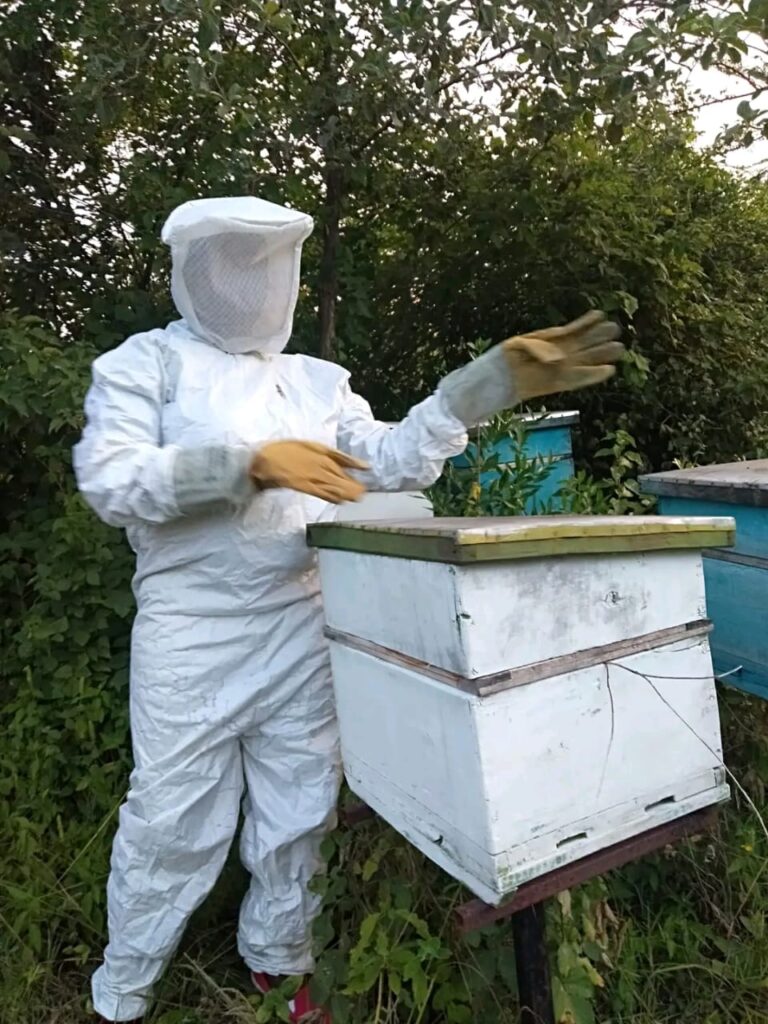
Community Empowerment
Training Youths and women demonstrating how inspection of Bee hive is done hence Empowering youth and women through training and resource provision to foster sustainable livelihoods.

Sustainable Agriculture
Harvested honey from our Bee hives . Promoting environmentally friendly agricultural practices to ensure long-term food security.
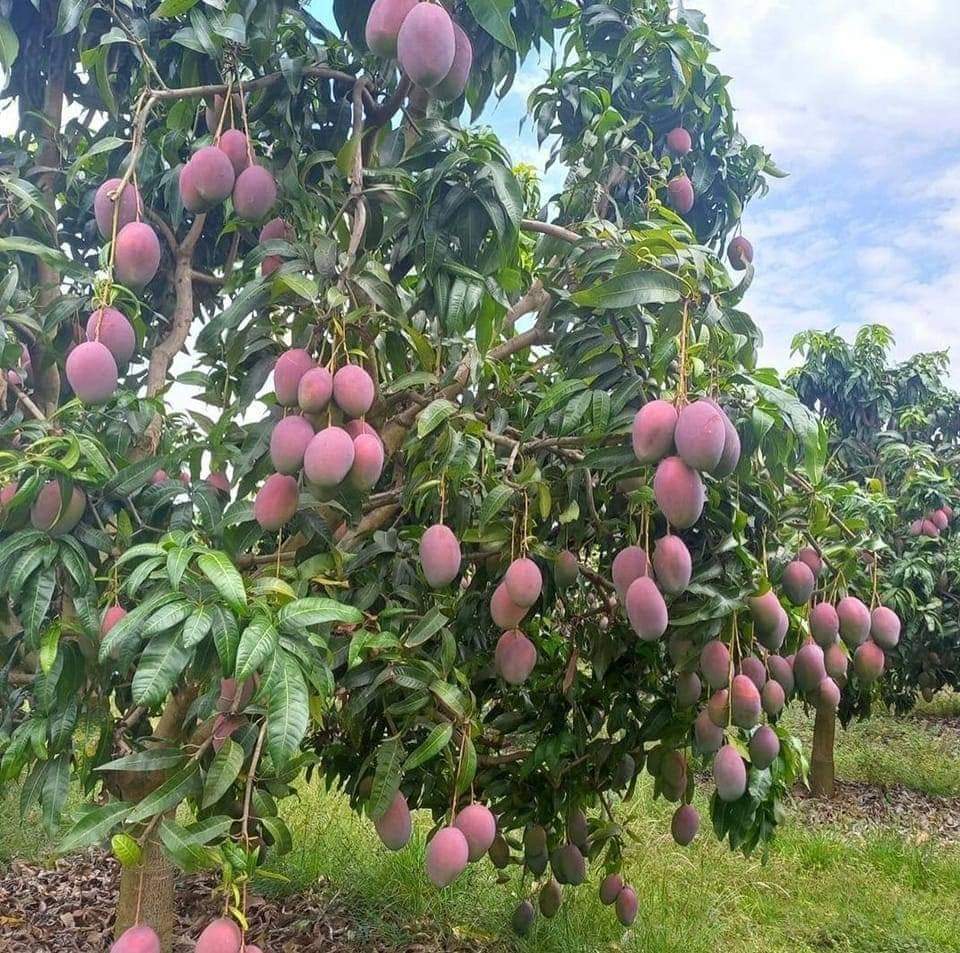
Sustainable Agriculture
Mango farming to improve dietary choices and reduce malnutrition in society particularly for vulnerable groups like children and pregnant women.
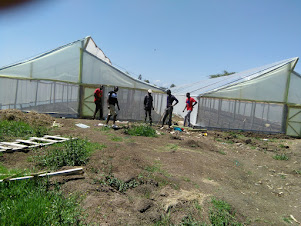
Community-Based Food Security Initiatives
Among the Initiative to spur food security through community gardening, small scale farmers association and food bank networks. Provide avenue for training on climate smart agriculture practices, diversified farming, pest control and soil health management.
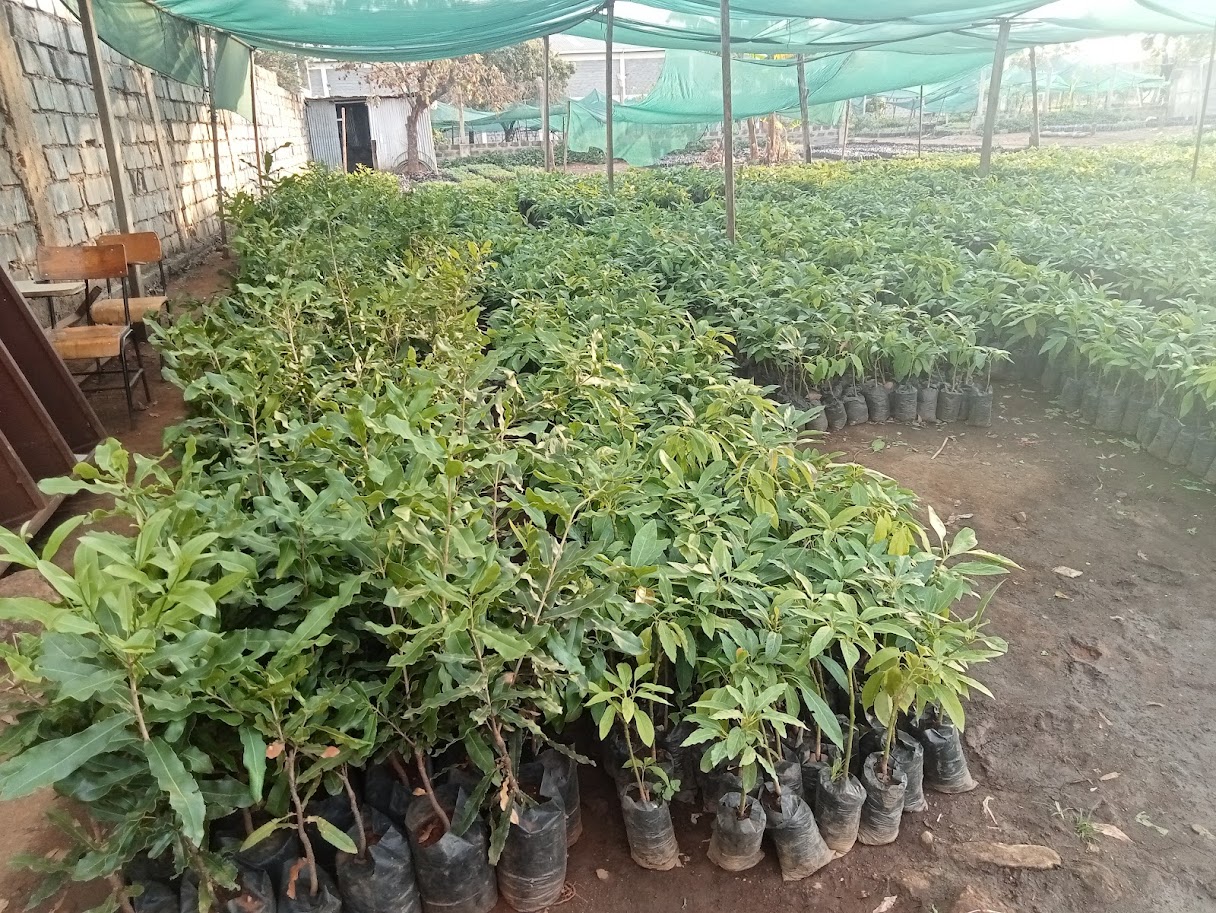
Sustainable Resource Management
Tree seedlings project through reforestation and afforestation.

Sustainable Resource Management
Water Dam sunk for irrigation during drought and fish farming.
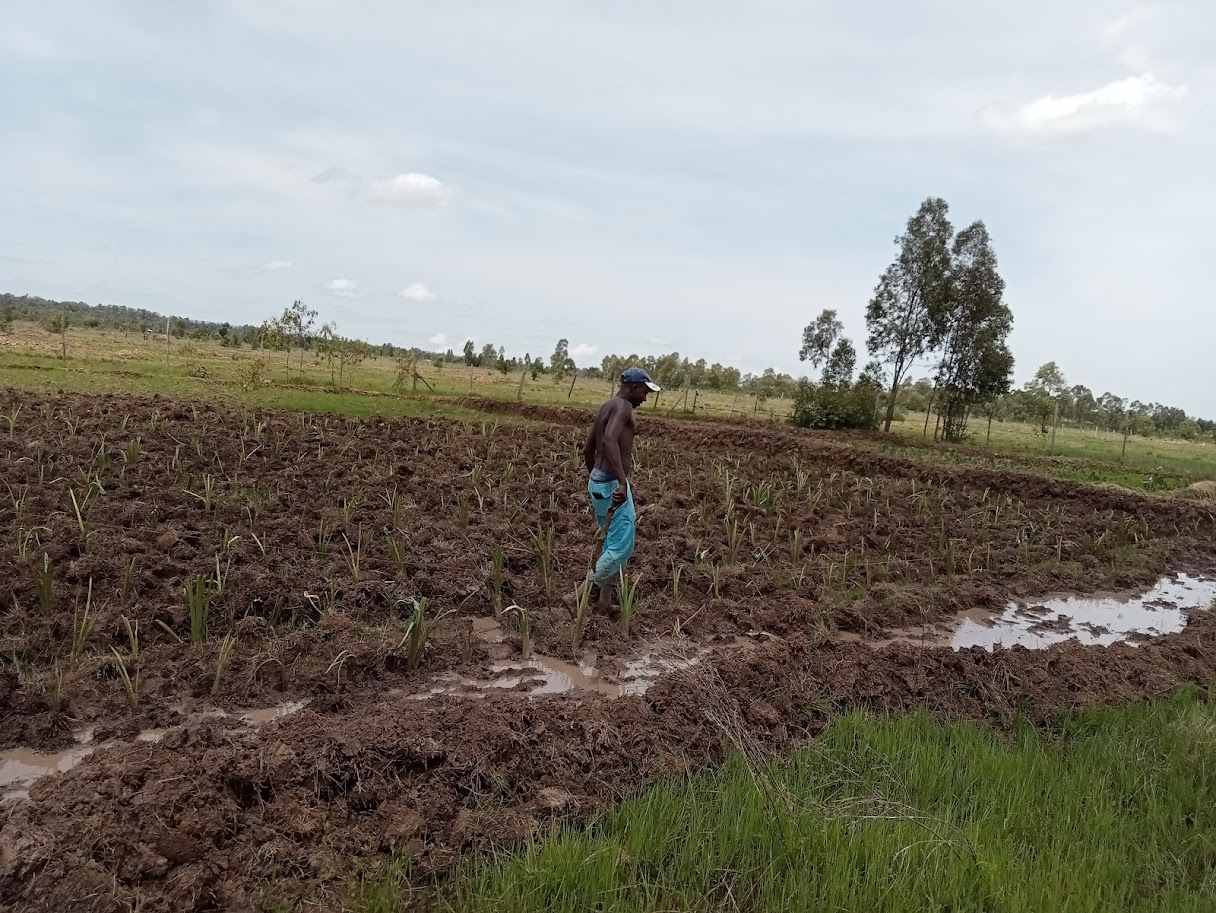
Youth Empowerment
Youth planting arrow roots in reclaimed land previously being used in brick making
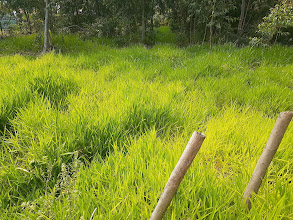
Sustainable Agriculture
Fodder crops for animal feed and hay for future use.

Rehabilitation and conservation of natural resources
Trees planted from reclaimed land previously exploited by brick making
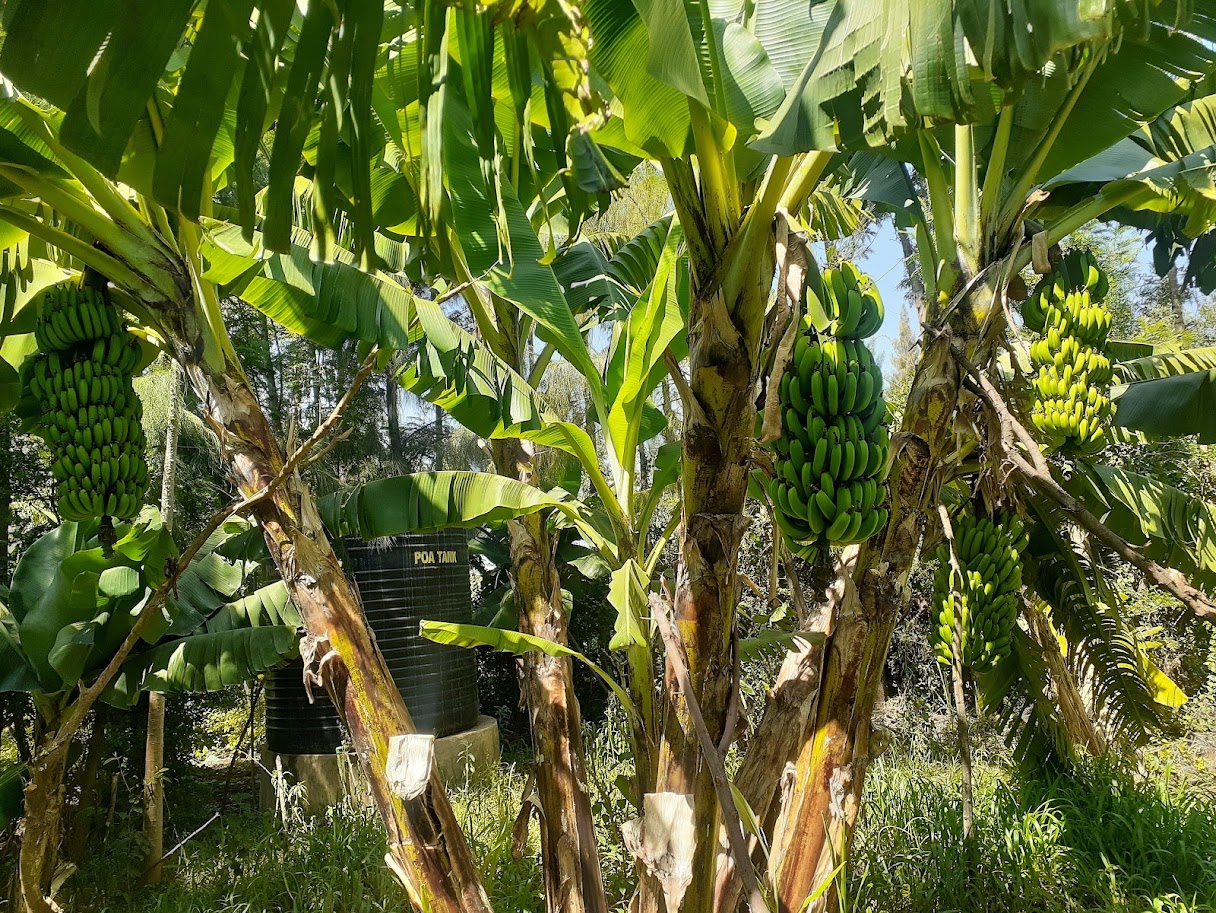
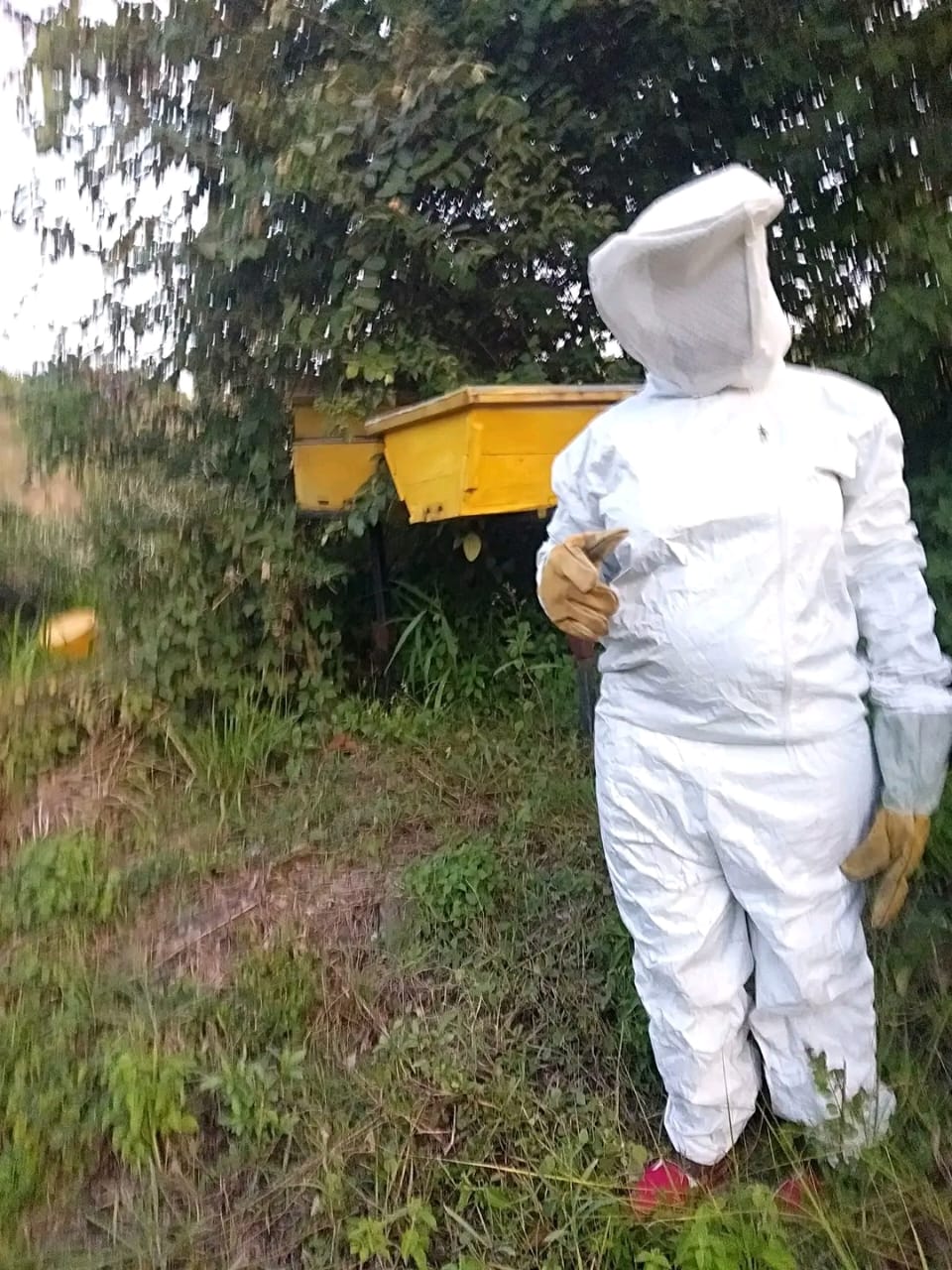




Our aspiration is to empower societies to attain sustainable food security through environmentally safe practices, fostering resilience against climate change, and advance equitable access to resources and markets.
Tel: +254727409831
Email: info@leafyecoadapt.org
Website: www.leafyecoadapt.org
